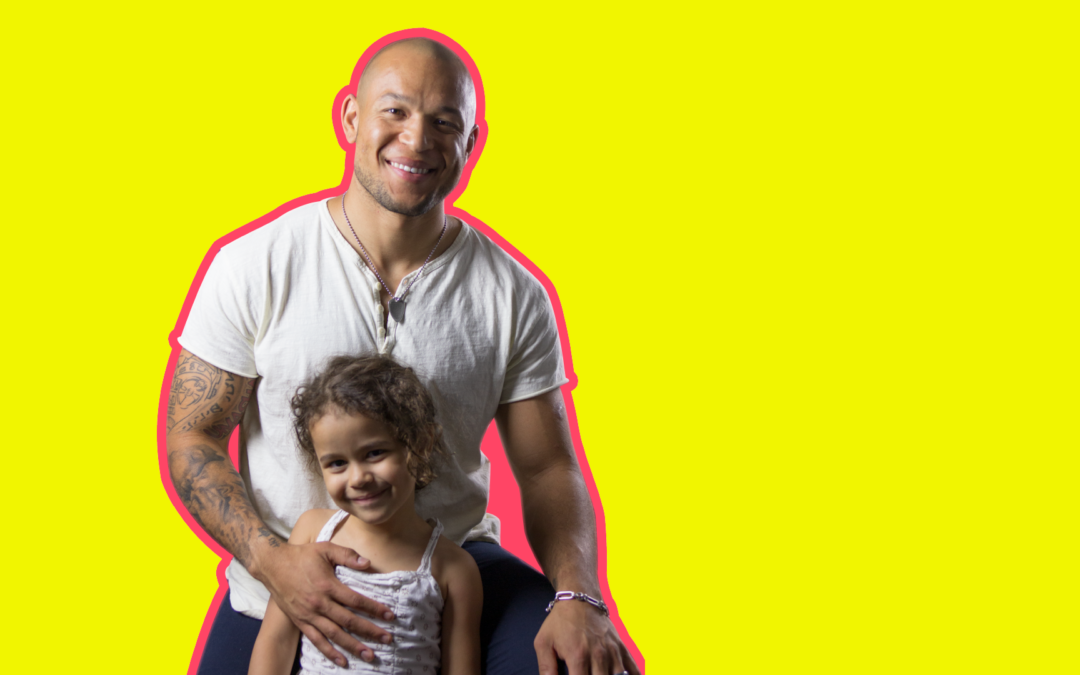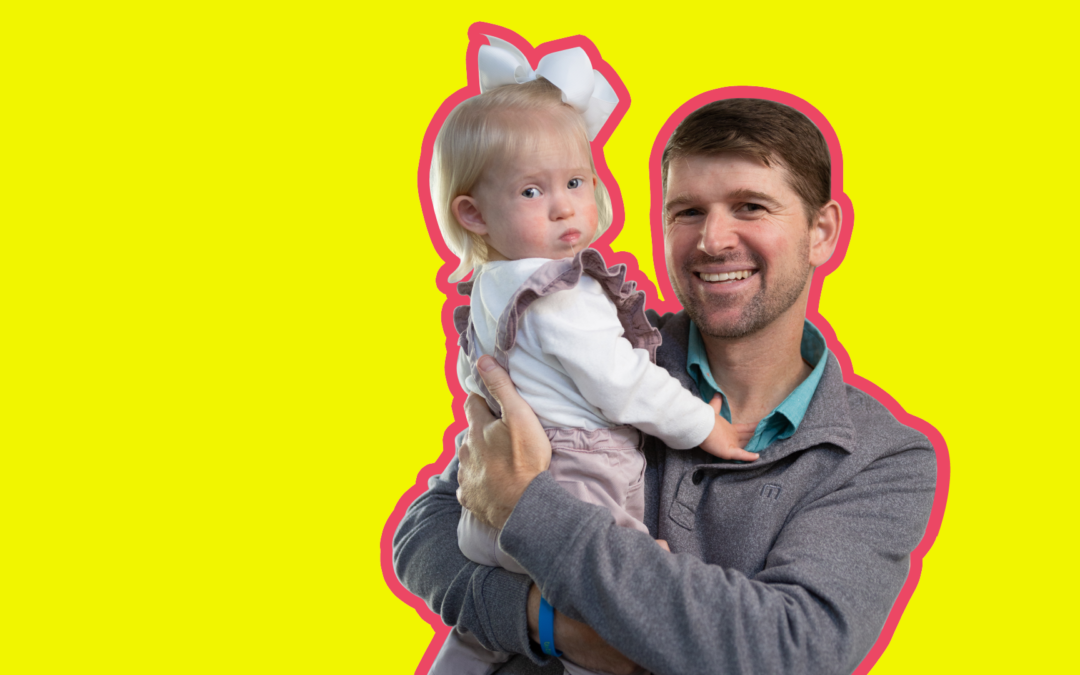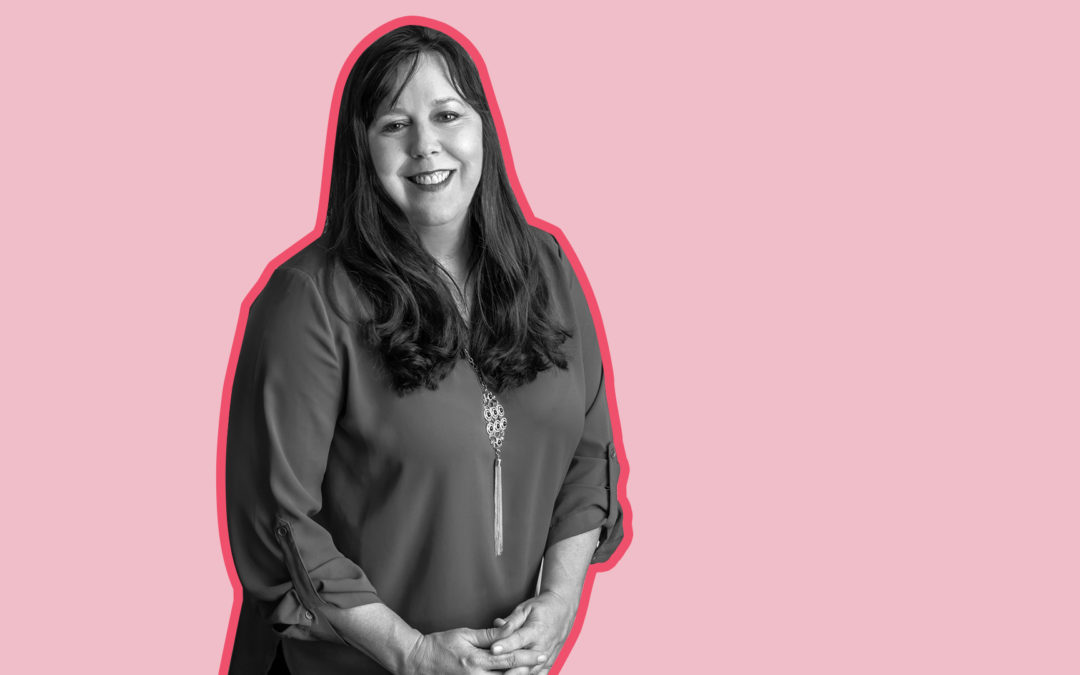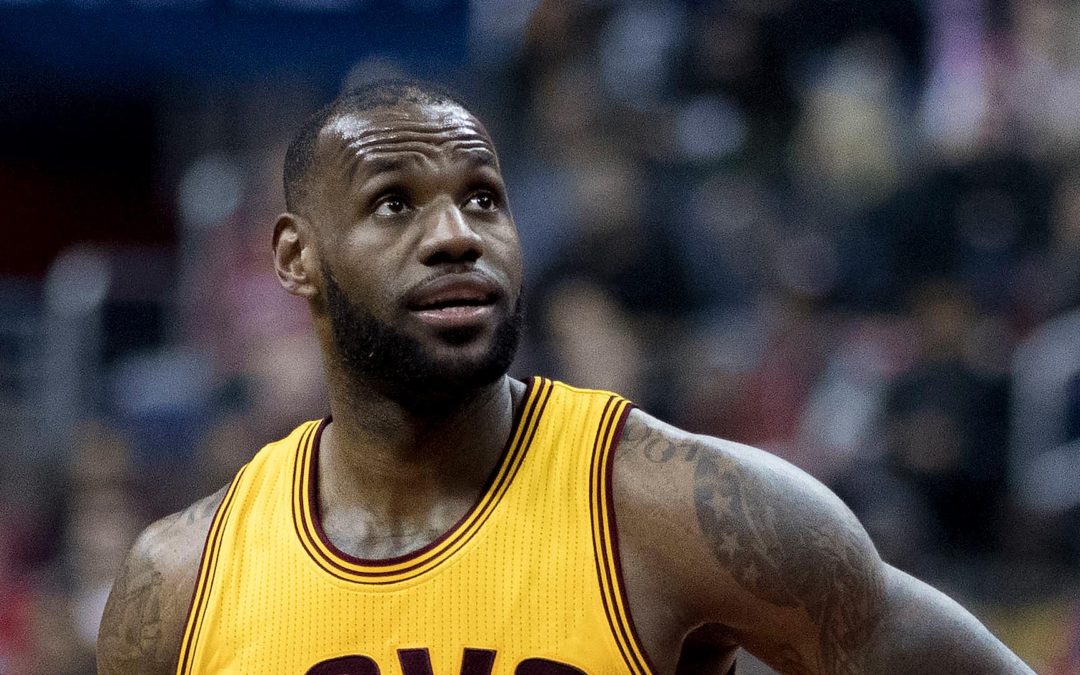“What am I going to tell my parents?”
When 17-year-old Savannah Brinson found out she was pregnant, she broke down. A high school senior, Savannah was determined to keep the pregnancy: “Even if it would have been my mom’s advice,” she told BAZAAR, “I would have fought it to the end.”
A softball player and cheerleader at Buchtell High School in Akron, she’d met her boyfriend at 16, and they’d hit it off. But she had no idea how he would react to this.
Just a few months earlier, he’d begun his rookie season, one of the most sought-after young players in NBA history. The hype was real. The pressure was on.
“What’s going to happen to his career?” she panicked, as she worked to find the courage to break the news to him. She was in tears when it happened. But what he said to her changed everything:
“It’s not going to slow me down, and it’s not going to slow you down. We’re going to keep doing what we have to do.”
In two sentences, he made it clear he was committed to facing this new challenge together and to seeing her achieve her dreams, even as he went after his. Those unflinching words of LeBron James to Savannah during his rookie NBA season might be his defining moment.
For Savannah, the path forward was filled with unfair gossip and significant challenges: being five months pregnant at her prom, embracing young parenthood, and enduring tabloid rumors that she got pregnant to trap her man.
Nevertheless, she persisted. They persisted. Together.
Today, Savannah is a leading American businesswoman, philanthropist, and mom to LeBron Jr, Bryce, and Zhuri. And LeBron is, well, LeBron: the defining basketball talent of his generation.
Born to 16-year-old Gloria James in Akron, LeBron’s father wasn’t involved in his life and his childhood was full of struggle. He calls his father’s absence the “fuel” that made him who he has become. In a 2018 interview alongside Drake, LeBron explained the impact of fatherlessness on his life:
“The crazy thing is. My whole life I grew up resenting my father…but he’s the reason I am the father I am today. Because I always wanted to set an example and have the father figure in their lives so they never had that resentment.”
“The crazy thing is. My whole life I grew up resenting my father, everything was like ‘Fuck pops, he left me. Why would he do that to my mom?’ My mom was sixteen years old she’s a sophomore in high school when she had me. And I was like if I ever met him, we going to blows right off top,” James explained.“As I got older and as I became more of an adult, I started to realize and think to myself well ‘Damn, what was he going through?’…Was it things that he couldn’t control?… He’s the reason I am the father I am today. Because I always wanted to set an example and have the father figure in their lives so they never had that resentment.”
Today, LeBron’s oldest son, Bronny, is a 14-year-old high school basketball phenom with a devoted father and #1 fan. Everyday, LeBron demonstrates the power of fatherhood, even when it’s unplanned and even when it means giving something to someone you never received yourself.
At a time in our nation where so many suffer from fatherlessness, dads get no legal say in the choices made during an unplanned pregnancy. Nevertheless, how they react matters forever.
We’ve all heard the disheartening narratives. Some coerce. Some leave. Some are never heard from again. In 2009, only 41% of single parents — vast majority moms — were paid the child-support they were owed. And 48% of women who get abortions do so because of relationship problems or a desire to avoid single motherhood.
This problem is ironically compounded in sports culture. In a world that celebrates teamwork and the resilience of the human spirit, the stories of coercion and self-preservation in reaction to unplanned pregnancy are well-documented. In 1998, Sports Illustrated’s cover story “Where’s Daddy?” documented the seemingly out-of-hand phenomenon of pro athlete playboys who were getting women pregnant and not sticking around. The trend has continued.
But it doesn’t have to.
Breaking the cycle begins with changing the narrative around young men—especially athletes—and how they respond to unplanned pregnancy.
There’s a bright future ahead for a world where young men reverse the destructive trend of generational fatherlessness. Breaking the cycle begins with changing the narrative around young men—especially athletes—and how they respond to unplanned pregnancy.
LeBron’s sponsorship deals, NBA titles, and MVP awards prove his athletic greatness and prolific business acumen. But they also prove something else far more important:
Fatherhood didn’t slow him down. It’s what made him ready to carry a team.
Fatherhood didn’t slow him down. It’s what made him ready to carry a team.
Josiah Friedman is the Founder and CEO of Voices for the Voiceless, the nonprofit cultural movement creating a world where no one faces unplanned pregnancy alone and where every person’s life is valued. Every day, he works to equip communities to support the people in their lives facing unplanned pregnancies. Watch his TED Talk.
Related Articles

AMA: Why We Need Dad Voices Too
PJ Sparks shares the key to embracing unplanned fatherhood and empowering your partner in the process.

AMA: The Dad Who Hit the Jackpot
Chris Calacci—Dad to Emmy Joy—shares his story and discusses how to transform the cultural perception of Down syndrome.

AMA: The Secret to Unplanned Pregnancy Support with Tammy Abernethy
Tammy Abernethy shares the secret to providing empowering support to women facing unplanned pregnancies.

